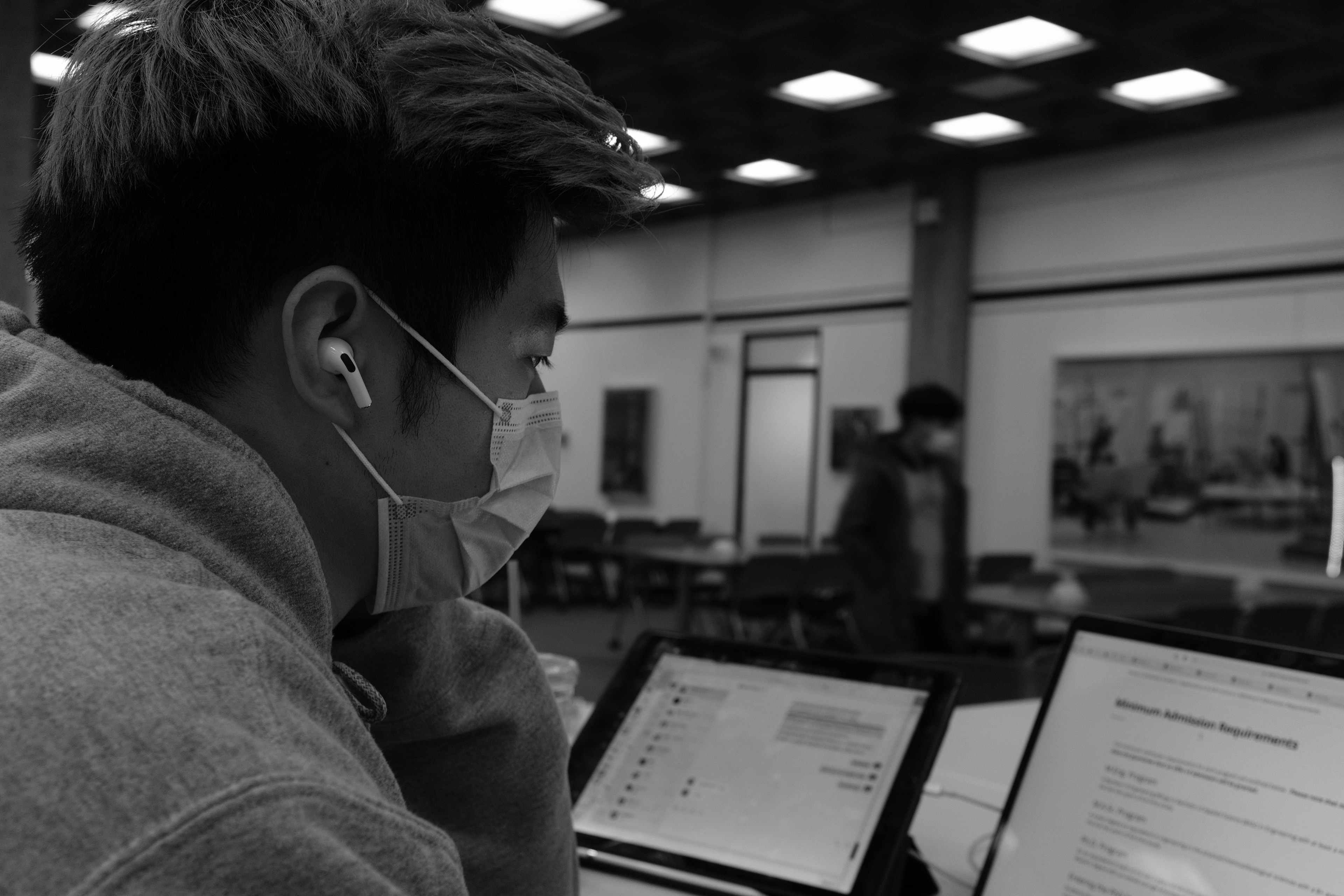As millions of students in China sat for the gaokao this June, a nationwide college entrance exam that can shape their futures, something unusual was happening behind the scenes. Major tech companies, including Tencent and ByteDance, quietly pulled back key features of their AI-powered apps. Functions like photo-based search and instant Q&A were temporarily disabled, a move designed to keep the playing field level and free from digital shortcuts.
This decision wasn’t made lightly. The gaokao is more than just a test. It’s a high-stakes milestone that can determine university placement and future careers. In a world increasingly influenced by artificial intelligence, the temptation to use smart tools during such a crucial moment is high. With apps capable of solving math problems from a quick snapshot or delivering detailed answers in seconds, the risk of misuse has grown alongside the technology.
By taking preemptive action, China’s biggest tech firms sent a clear message: AI may be powerful, but its use must be responsible. Shutting down certain features, even for a few days, demonstrated a commitment to ethics and fairness. It also sparked an important conversation about where the line should be drawn between assistance and cheating, especially as AI becomes more deeply integrated into everyday life.
